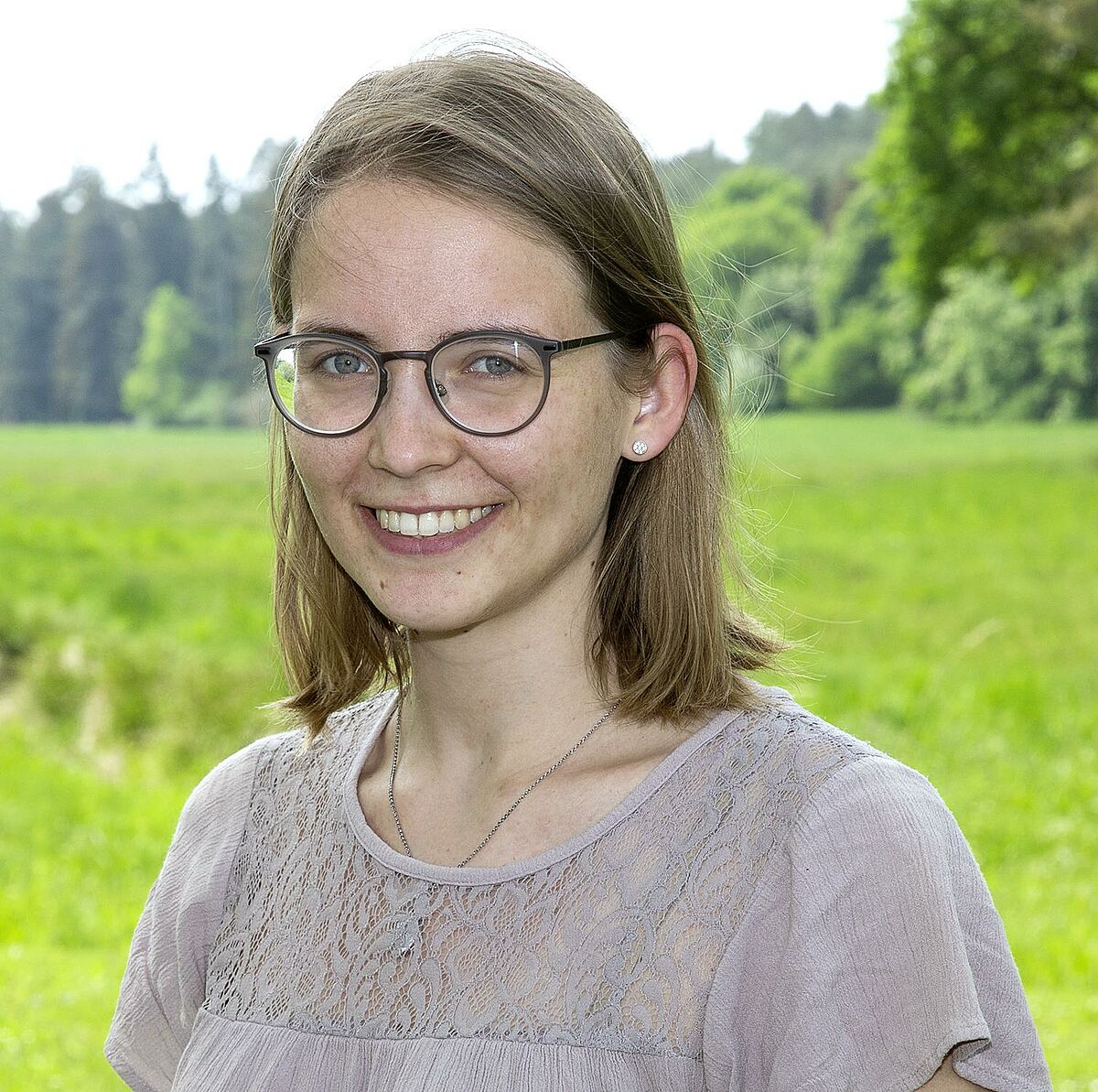Theoretischen Elektrotechnik
M.Sc. Paula Respondek
PhD Student
Raum Ex 110
Tel.: +49 (0) 381 498-7087
Fax: +49 (0) 381 498-7081

- Numerical simulation of electromagnetic fields
- Formulation of new electromangnetic integral equations
- Boundary Element Method
- Development of a fast low-frequency stable full wave electromagnetic solver
- Modelling of dielectric properties of bone and tissue
CRC 1270 ELAINE - Electrically Active Implants
Project B07
The project analyses numerically how the periprosthetic bone density and quality around an implant can be measured by electrochemical impedance spectroscopy and electrical impedance tomography to detect the loosening of hip stems in the context of total hip arthroplasties and to assess the regrowth of mandibular bone in the context of maxillofacial reconstruction.
Since standard radiographical methods are unsatisfactory for assessing periprosthetic bone, in this project the focus lies on strategies based on impedance measurements.
With in silico studies, questions such as the most suitable frequency-range, the necessary driving power, the energy consumption and the accuracy that can be expected are addressed, since they cannot be solely answered by physical experiments.
The challenges posed by these simulations are to obtain an accurate solution to the forward problem, which leads to the necessity of a high resolution model with a large number of degrees of freedom, as well as the need to solve the forward problem oftentimes due to the size of the parameter space. To address these and more challenges, a fast low-frequency stable full wave solver which efficiently solves large scale systems, is to be found within this project.
The concrete goals of the project include a fast, accurate and stable ad hoc electromagnetic solver, suitable models of cancellous bone as well as a feasibility study of periprosthetic bone quality and density assessments by impedance measurements.
To reach these goals, the ad hoc electromagnetic integral equation solver for modelling bone-implant systems will be established; we will investigate how ports must be defined to allow full wave simulations that could be verified in a laboratory; adaptive mesh refinement strategies for electromagnetic volume integral equation solvers will be studied and we will establish fast methods that allow sufficiently fast simulations to train neural networks with in-silico measurement data.
Supervisor: Prof. Dr.-Ing- Simon Adrian
Unique IDs
- Orcid link: https://orcid.org/0009-0005-4892-2711
